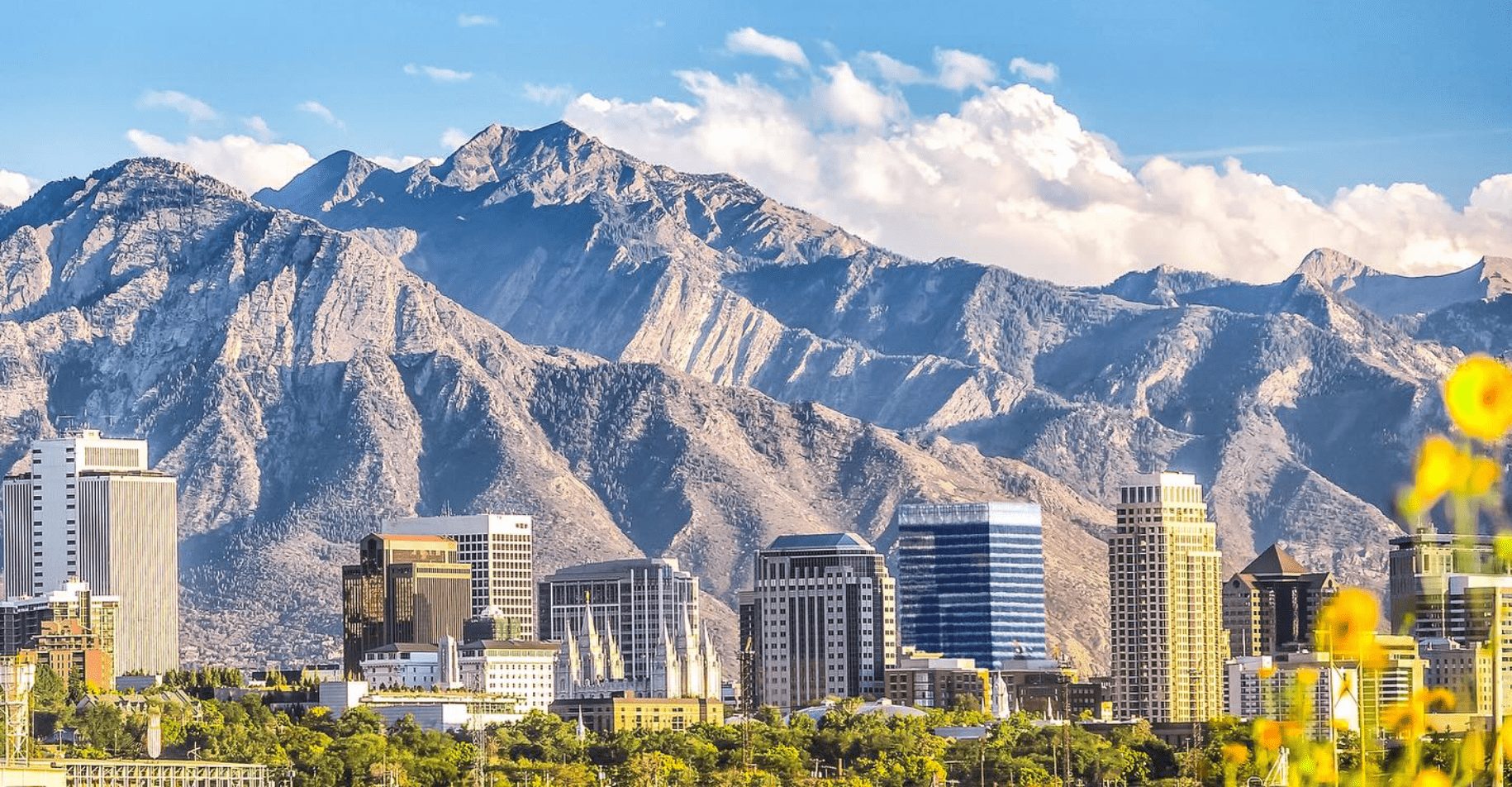
Salt Lake City is one of the top contenders for hosting the 2034 Winter Olympics. The city’s organization committee unveiled its budget earlier this week. The International Olympic Committee (IOC) is expected to review the numbers and officially grant the 2034 Winter Games to the city.
Salt Lake City has hosted the Olympics before in 2002.
The IOC advertises the positive effect of the Olympics on the host region’s economy. This contradicts multiple studies on the economic effect of the games.
According to a 2008 study, the Winter Olympics led to sales in the hotel industry increasing by $51.9 million and an $18.7 million increase in restaurant sales. On the other hand, the games also led to a decrease in general merchandise stores. The industry reported a decrease of $167 million in sales during the time of the event.
It is uncertain if the Olympics are actually responsible for the increase or decrease in sales at that time. It is, however, certain that the Olympics had no significant overall impact on sales in Utah businesses.
While sales might not have increased, the games certainly had a positive impact on tourism, employment, and infrastructure in the area.
A study by the University of Utah found that the Olympics created over 45,000 jobs in the area, especially in the hospitality industry. Employment increased by 47 percent in the 14 years after the Olympics compared to the 14 years before the event.
The event also increased the number of day passes at ski areas purchased in Utah by 43 percent and the number of national park visits by 25 percent. It is important to note that during these mega-events, the number of visitors in ski areas actually decreases. They are displaced to the surrounding states because of large crowds.
The event led to the development of infrastructure like the Utah Olympic Park, which is home to a freestyle park and a Nordic jump. A Nordic center in Soldier Hollow was also constructed. Multiple ski resorts in the area also conducted terrain expansion during that time. Multiple arenas for ice sports were built in the city.
The infrastructure makes Salt Lake City the ideal place for winter sports competitions and training. The area has hosted 60 World Cups in different disciplines and seven world championships since the Olympics in 2002.
It is unsure if the 2034 Winter Games could have a similar impact on the area’s economy and employment. The Olympics will be held entirely in the old facilities of the 2002 event. This means that the games will be cheap but won’t create as much employment through construction, etc.
The upcoming Winter Games in Italy, held in Milan and Cortina, are taking a similar approach. The IOC predicts a GDP boost of around $3 billion for the region.
The IOC donates a significant amount of money to the organizers to ensure the success of the games. In the case of the 2026 Olympics, around $900 million.
The games could also boost housing prices in the area because of infrastructure development in the cities that host the games. Another big factor is the increased demand for short-term rentals, like Airbnbs, during the games. These factors will increase the value of properties in the long run.
According to Alliance Corp, an Australian real estate agent, property prices often jump after the event. In Sydney, the 2000 Summer Olympics caused a 60% price increase. When inspecting these numbers, it is important to note that these numbers differ from city to city, and many different factors are responsible for the price increase, not just the Olympics. A price increase this large in Salt Lake City is unlikely.
